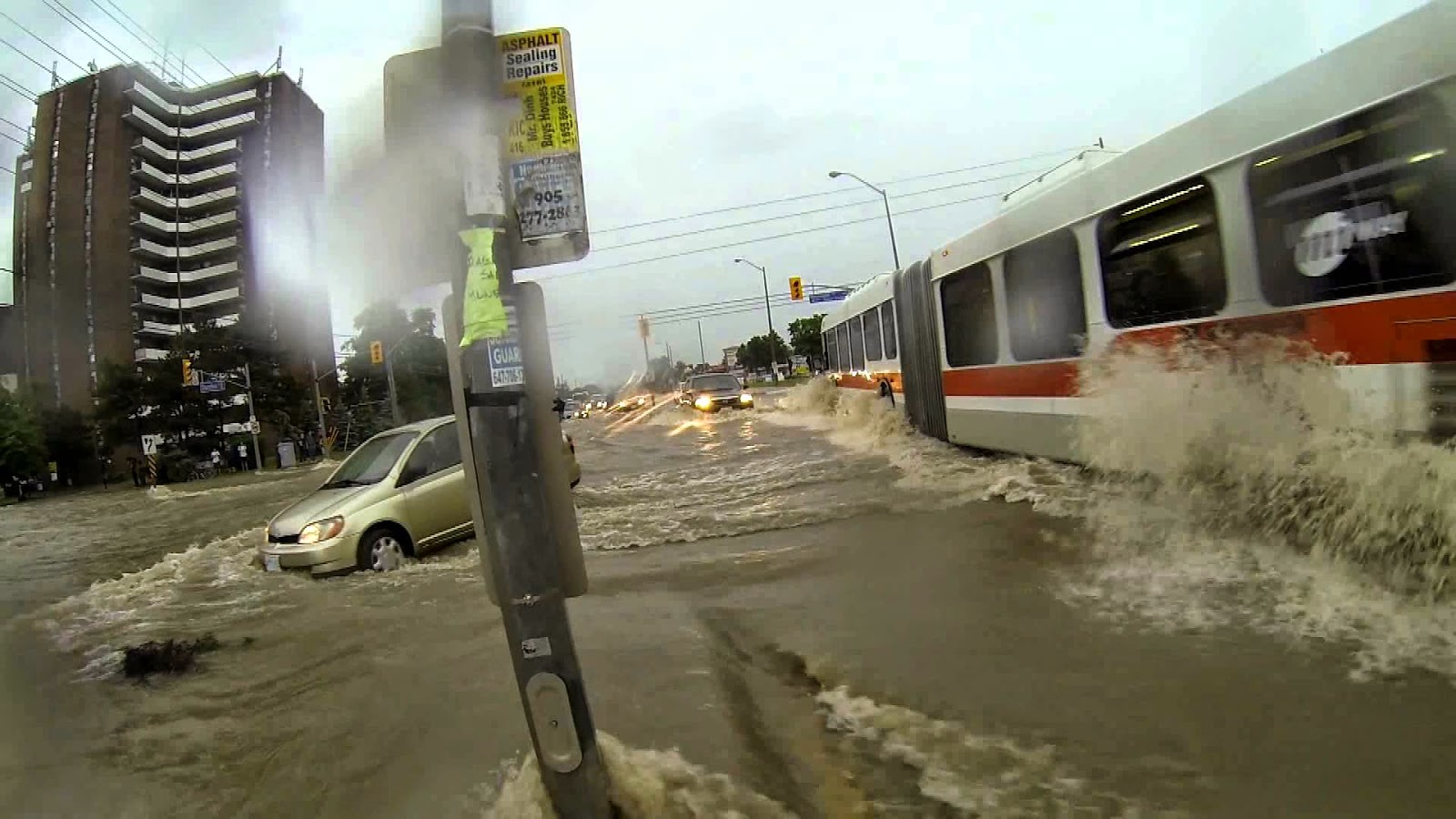What are the Forces Affecting the Real Estate Market?
There are several opinions on which direction the real estate
market will go in 2017. Whether you are planning to buy or sell in the near
future it is important to look at 5 forces that will affect the Canadian real
estate industry in 2017.
1.U.S. Federal
Reserve’s Interest Rates
Although technically Canadian and
American central banks set their interest rates autonomously from each other,
changes in the U.S. rates generally has a huge impact on Canadian mortgages
rates. U.S. Federal Reserve Chair Janet Yellen raised rates by a quarter of a
percentage point at the end of 2016, and has implied three more rate hikes will
occur in 2017. Although it is doubtfully Yellen will take action so quickly,
Canadians should expect mortgage rates to increase throughout the year.
2.Canadian Economy
By and large the Canadian economy
will not nose-dive if interest rates increase and the demand for homes
decrease. But rising interest rates accompanied with an already weakening
economy could reduce the aggregate number of buyers nationwide and place a
strain on the economy. The Centre for Economics and Business Research expect
the Canadian economy will fall from 10th place to 12th
place.
3.Foreign Buyers
Economists have refuted the impact
of foreign buyers on the Canadian real estate industry. Nevertheless, a sudden
decrease in investors overseas will have a slowing effect on domestic housing
prices. The volume of Chinese investors has impacted on the economy since not
only the rich, but also millions of middle-class buyers, have flooded our
markets looking for places to secure their money as the Chinese currency falls.
4.Construction
Despite the fact that land is a
constrained resource in that you cannot produce more of it, this has not been a
huge issue because the supply of real estate is no longer only consistent of suburban
households but also high-rise condos. Furthermore, there has been no shortage
of condo developments in Canada’s biggest cities, nor has there been and
shortage of buyers waiting to invest. Analysts will be keeping a close eye on
the current equilibrium between supply and demand and what shifts may occur
during the year to effect price.
5.Government
Regulations
The last variable in the housing
market will be how the government reacts to any changes in prices. Regardless
of their free market stance, parliament has been willing to intervene when
prices increase so rapidly. A new tax on foreign buyers in Vancouver is just
one example of such interventions. The problem with this is sudden changes in
rules may not only alter housing prices but also the wider economy.
Taken from an articles by CBC News, written by John Pittis
http://www.cbc.ca/news/business/canada-real-estate-homes-2017-1.3913968

Comments
Post a Comment